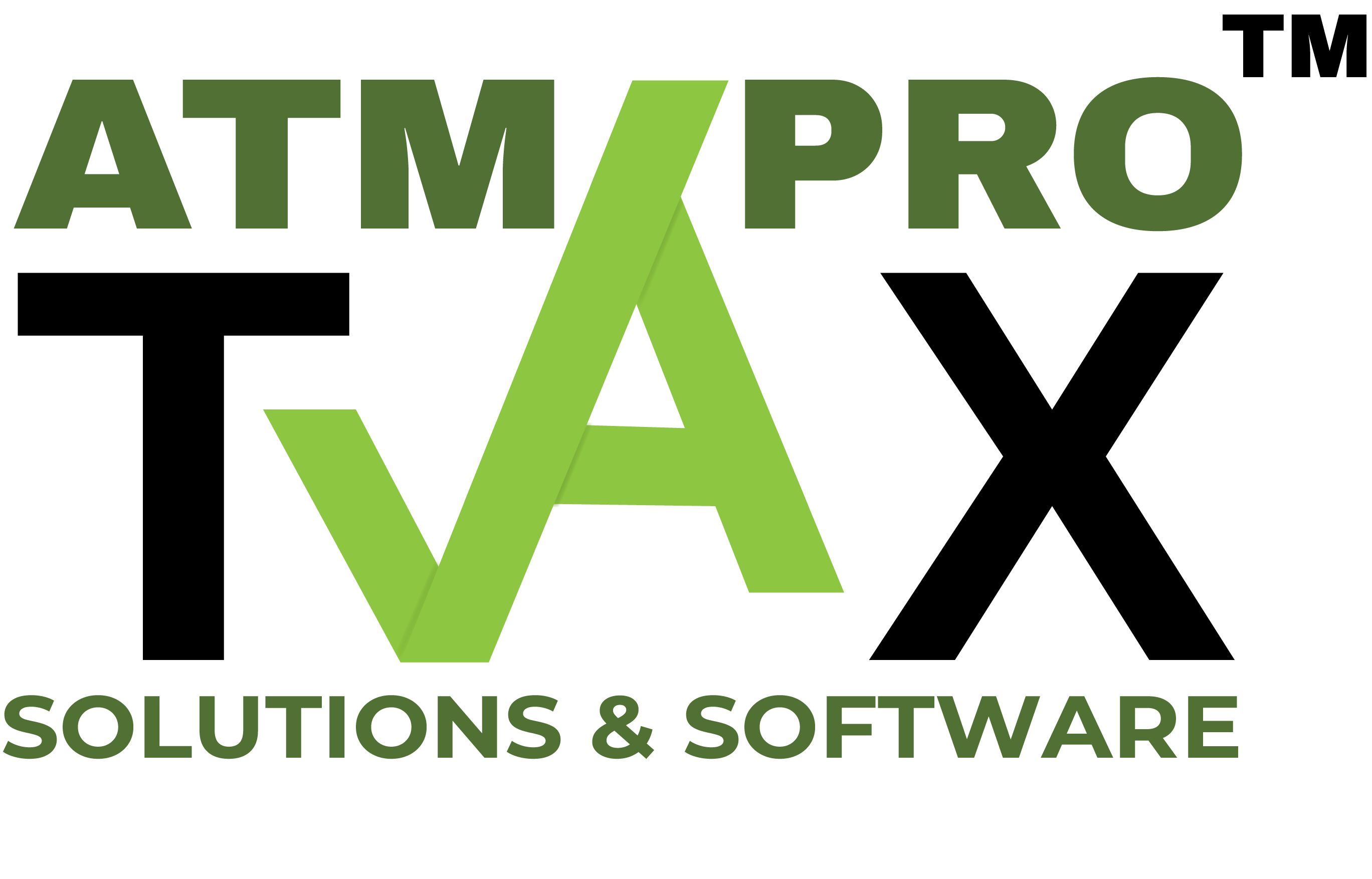Educational Center
- What Is a Dependent Exemption?
- What Does Adjusted Gross Income Mean?
- Income Tax Return Amount Due Meaning
- Business Taxes
- What Is a Commission?
- Direct Deposit Definition
- What Is Direct Tax?
- Earned Income Definition
- What Is the Earned Income Tax Credit?
- Electronic Return Originator Meaning
- What Is a Flat Tax?
- What Is an Injured Spouse Claim?
- What Does IRS Innocent Spouse Relief Mean?
- What Is Property Tax?
- Tax Deficit Meaning
- Electronic Filing
- Employee Taxes
- Excise Tax
- Tax Exempt
- Compulsory Filing of Income Tax Return
- Gross Income Meaning
- What Are Exemptions on Tax Returns
- Test to Become a US Citizen
- What Is Head of Household
- What Is Federal Income Tax?
- What Is an Authorized E-File Provider?
- Who Needs to File a Tax Return?
- Learn All About Financial Records
- What Is An Offer in Compromise and What Does It Mean?
- What Does Non Collectible Status Mean?
- What Is a Federal Tax Lien?
- Benefits Received Principle Definition
- Ability to Pay Definition
- Bonus Definition
Direct deposit is when funds are delivered electronically into a bank account rather than distributed through a physical check. Examples that meet this direct deposit definition would be a payment from paychecks, tax refunds, Social Security, etc.
For this system to work, you need an electronic network that allows for deposits between banks. Such a network is called an automated clearing house and eliminates the need to wait for money to clear.
How Does Direct Deposit Work?
Direct deposit allows you to receive money safely and conveniently. Through the use of an electronic network, funds can be quickly transferred from one party to another. To send money to a recipient, they need to meet several direct deposit requirements by supplying:
- The name of their bank
- Their account number
- Their bank’s routing number
Once the direct deposit system is set up, it is incredibly easy to deliver funds, as funds are deposited into the recipient’s account at midnight of the payment date.
Direct Deposit Benefits
Direct deposit comes with several major benefits over a traditional paper check. Here are some of the biggest benefits:
- Transfers funds far faster than through a paper check system.
- Provides a safe and convenient way to send/receive funds.
- Is an easy system to set up.
- Reduces the time to complete payroll, saving employers money.
- Ensures payments are received on time.
- Reduces the amount of paper used.
Ultimately, direct deposit comes with more benefits than downsides, as it helps all parties involved transfer funds better. However, if you are still wondering, “how does direct deposit work,” don’t worry. ATM Tax Pro is here for you.
Our professionals can help you learn more about any tax-related subject and can even help you relieve the burden of taxes through our proven tax process. Contact us today to schedule an appointment for a free consultation.
